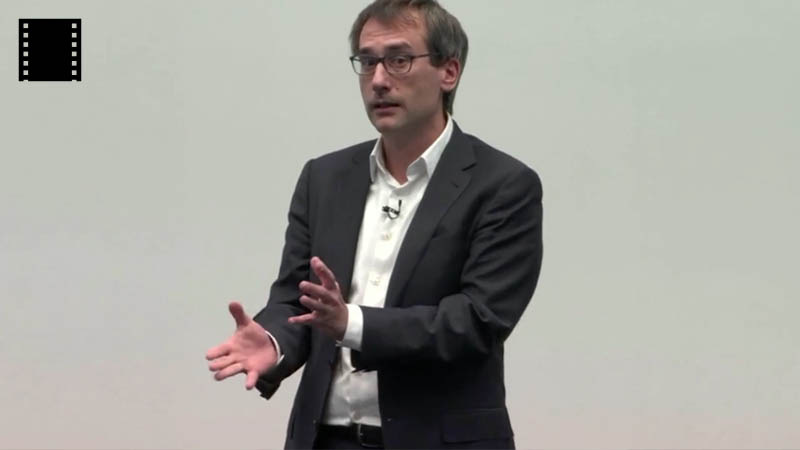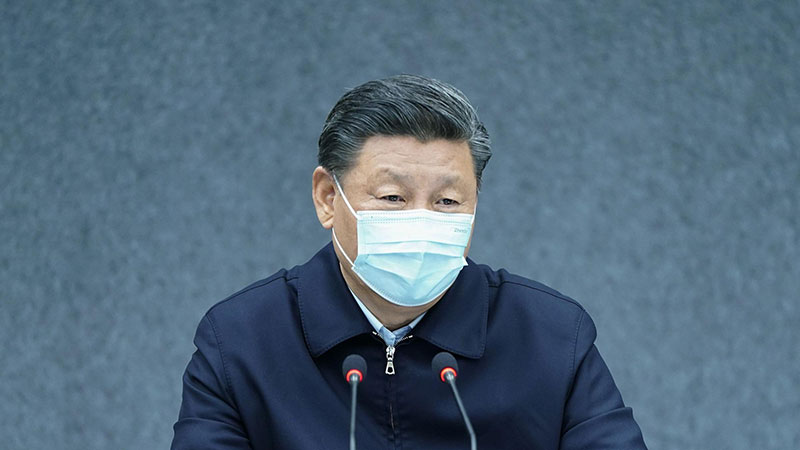Conclusions from the Trump-Kim Singapore summit
The summit between US President Donald Trump and North Korean leader Kim Jong-un has been hailed by both as a great success. Indeed, it was the first time a US and a North Korean leader had ever met. Trump stated that the meeting was "better than anybody could imagine", whilst Kim prepared a 30-minute-long propaganda video to showcase their newly found mutual affection.
Yet whilst their boasts are undoubtedly exaggerated, the mere fact that both Trump and Kim have met face to face and both countries are now openly communicating is already a success. Moreover, both leaders can at least claim some credit for this.
Trump made Kim talk
On the US side, the Trump’s biggest credit goes to convincing China, North Korea's largest trading partner, to commit to the toughest economic sanctions ever implemented against the country. These unprecedented sanctions have crippled Kim’s economy and represented the real reason behind Kim’s sudden desire to seek an open and friendly dialog with the US and South Korea after years of vociferously hostile rhetoric against both countries.
Nuclear power strengthened the negotiating position
On the North Korean side, Kim’s steely determination to accelerate his nuclear program after 2011 – the year when Western powers led by the US toppled Libyan dictator Muhammar Gaddafi – allowed him to become a nuclear power last year. This took most observers by surprise. The CIA and other Western intelligence agencies thought that Kim was still years away from possessing the atomic bomb. By mastering that technology, he created a strong incentive for the US and South Korea to engage in talks with him. Being a nuclear power also provided Kim with a much stronger negotiating position. It is indeed very doubtful that Kim would have had a face to face meeting with Donald Trump had he not developed a nuclear arsenal.
What does this mean for the future?
In retrospect, the Singapore summit could be seen as a disappointment or even a victory for Kim. Indeed, whilst Trump announced that the US and South Korea would stop their joint annual military exercises, Kim only made some vague concessions on denuclearization. Whilst it is likely that Kim will abandon his nuclear program, it is highly unlikely that he will destroy his existing nuclear arsenal.
However, it is important to keep in mind that a nuclear power which is shut off by the international community is much more dangerous than one which has a dialog with its partners.
The proliferation of nuclear technology is all but inevitable over time. It is therefore critical to establish open lines of communication between nuclear powers. If the Singapore meeting has contributed to removing North Korea’s status as an international pariah and opening itself to the world politically and economically, then it could indeed be hailed as a success.
The CIO weekly thoughts focus and reflect on key topics, which caught Lars Kalbreier's mind during the week. It is more a free expression of thoughts to trigger healthy debates amongst the readership and by no means intended to be a strategy review.









